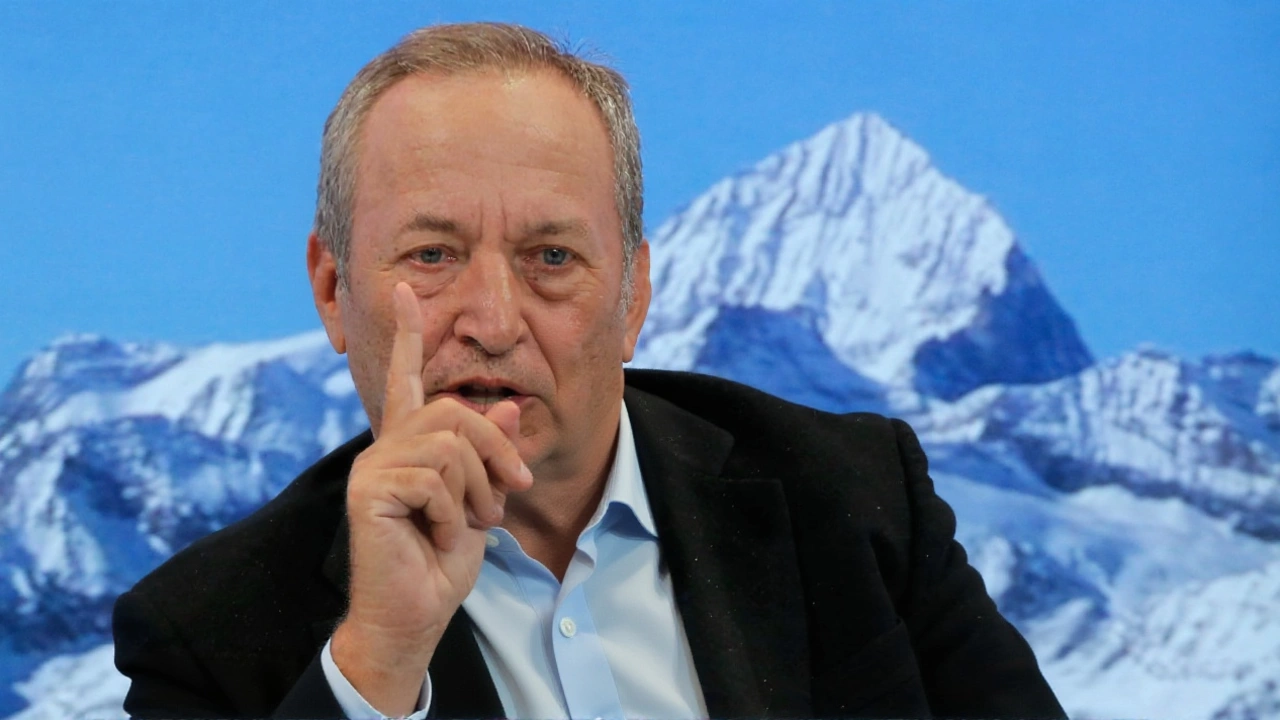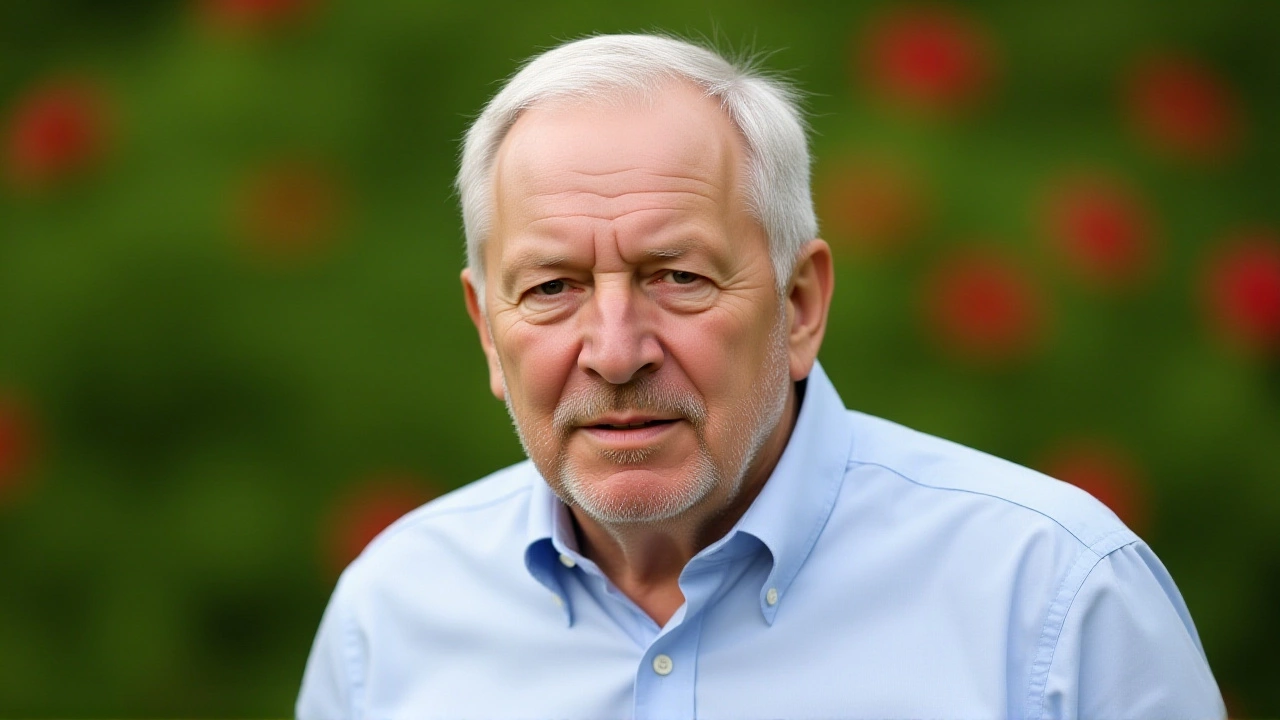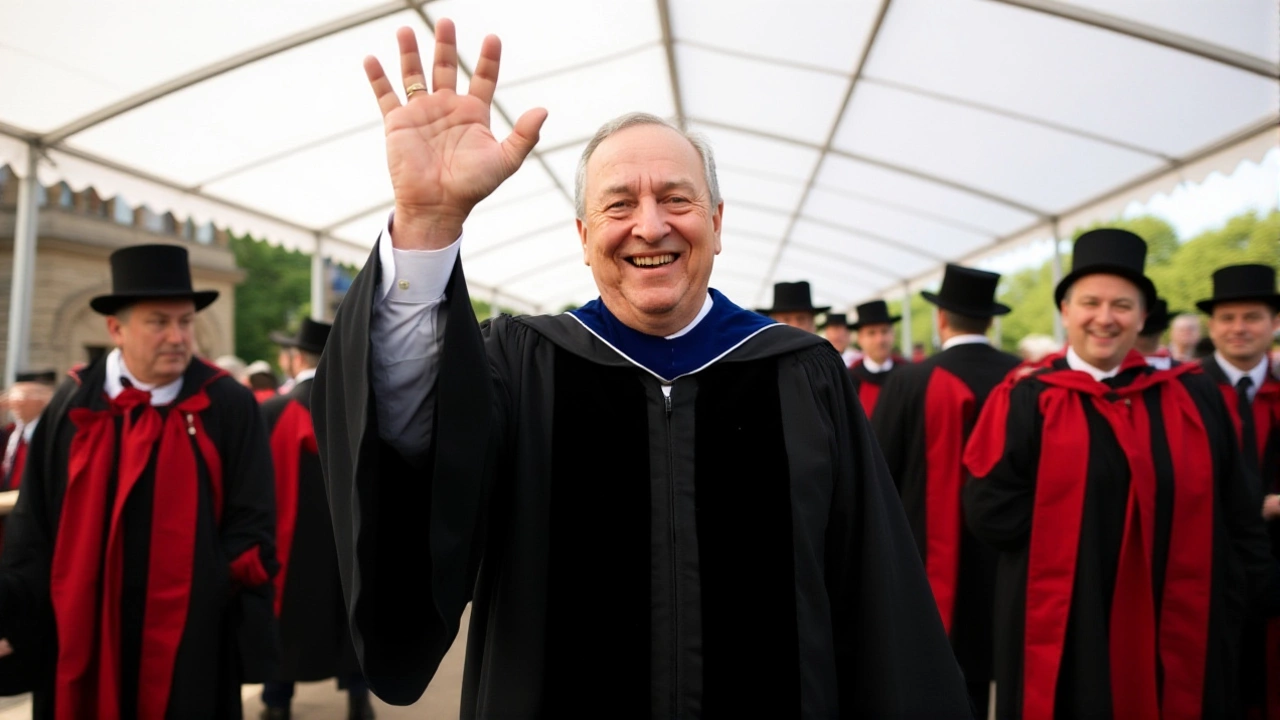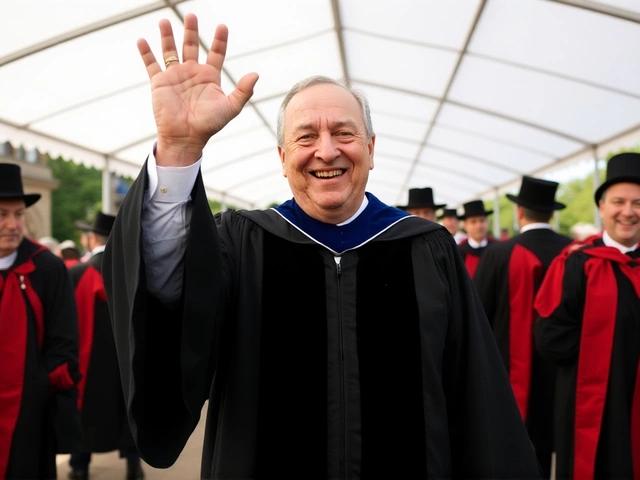When Larry Summers stepped down from the OpenAI board on November 19, 2025, it wasn’t just a personnel change—it was the collapse of a decades-long public persona. The former U.S. Treasury Secretary and Harvard president had long been seen as a policy heavyweight, a man who shaped economic policy under Clinton and Obama. But the release of over 20,000 pages of emails by the House Oversight and Government Reform Committee on November 12, 2025, exposed a pattern of judgment so deeply flawed it became impossible to ignore. The emails? They showed Summers exchanging messages with Jeffrey Epstein well after Epstein’s 2008 conviction for soliciting prostitution from a minor—and even seeking his advice on romantic relationships in 2019.
The Emails That Broke the Back of a Reputation
The documents, released during a congressional push to unseal all federal Epstein files, weren’t just incriminating—they were chillingly casual. One email from March 2019, in particular, stunned observers: Summers wrote to Epstein about a woman he described as his "mentee," asking for advice on how to win her affection. The tone was intimate, inappropriate, and, by any standard, deeply unprofessional. Critics didn’t just call it bad judgment—they called it moral failure. Epstein, who died in custody in 2019 while awaiting trial on federal sex trafficking charges, had long been a pariah. Yet Summers kept writing. For years.It wasn’t just the content. It was the timing. Epstein’s victims had already filed lawsuits detailing a network of underage girls trafficked across his private islands. By 2019, the world knew what he was. And still, Summers wrote. He didn’t just maintain contact—he sought counsel from a convicted predator. That’s not ignorance. That’s choice.
Public Shame and Institutional Fallout
Summers didn’t wait for a vote of no confidence. He preempted it. On November 17, 2025, he issued nearly identical statements to the Harvard Crimson and Business Insider: "I’m deeply ashamed of my actions... I take full responsibility." It was a rare moment of contrition from a man who’d spent decades deflecting criticism. But apologies don’t erase patterns. And his pattern—of associating with the powerful, the predatory, and the politically connected—was now laid bare.Within hours, Senator Elizabeth Warren, who taught at Harvard Law School for nearly 20 years, went on CNN: "This demonstrates monumentally bad judgment." She didn’t stop there. She demanded Harvard sever ties with Summers. "He’s not just a disgraced former official," she said. "He’s a symbol of how institutions protect the powerful even when they’re clearly toxic."
OpenAI’s response was carefully neutral: "We appreciate his many contributions and the perspective he brought to the board." But insiders say the board had been quietly divided for weeks. Some members reportedly felt Summers’ presence was becoming a liability as public pressure mounted. His resignation, they say, was less a moral reckoning and more a survival tactic.

Harvard’s Dilemma: Reputation vs. Academic Freedom
Here’s the twist: Summers isn’t leaving Harvard University. Not yet. He’ll keep teaching economics in Cambridge, Massachusetts. That’s where the real tension lies. Harvard has long shielded its luminaries—even when they’ve stumbled. Summers was president from 2001 to 2006, and though he left amid controversy then too (over comments about women in science), the university stood by him. Now, alumni are demanding action. A petition demanding his removal from the faculty has already drawn over 12,000 signatures."This isn’t about one email," said Professor Linda Chen, a Harvard economics faculty member who signed the petition. "It’s about the message we send when we allow someone who sought romantic advice from a convicted child sex trafficker to remain in a position of moral authority over students."
Harvard has yet to respond publicly. But behind closed doors, trustees are reportedly divided. Some argue that academic freedom protects Summers’ right to teach, regardless of his personal conduct. Others counter: Teaching economics doesn’t require a clean record—it requires trust. And trust, in this case, is gone.
What This Means for AI Governance
OpenAI’s board has been a revolving door of political and financial elites since its founding. Summers was one of its most prominent members, brought in during the chaotic 2023 ouster and reinstatement of CEO Sam Altman. His presence lent credibility to a company increasingly under scrutiny for its lack of transparency and its ties to billionaire investors.Now, with Summers gone, questions are mounting: Who else on the board has questionable associations? How much influence did Epstein’s network have over early AI policy discussions? The documents released so far don’t answer those questions—but they’ve made people ask them.
"This isn’t just about Summers," said AI ethicist Dr. Rajiv Mehta. "It’s about the entire ecosystem of power that allows people like Epstein to be invited into elite circles—and for institutions to keep inviting them, even after they’ve been convicted. If we’re going to build AI systems that reflect our values, we can’t let our governance be shaped by people who clearly don’t share them."

The Epstein Files Are Just Getting Started
The 20,000 pages released by the House Oversight Committee are only a fraction of what’s coming. Federal prosecutors are preparing to unseal thousands more—emails, flight logs, financial records—that could implicate dozens of powerful figures. Summers’ resignation may be the first domino, but it won’t be the last.As one analyst told Lawyer Monthly: "We’re not seeing a scandal. We’re seeing the unraveling of an entire network. And it’s only beginning."
Frequently Asked Questions
Why did Larry Summers stay in contact with Jeffrey Epstein after his 2008 conviction?
The documents don’t explain Summers’ motives, but the emails suggest he viewed Epstein as a social connector and financial advisor—not a criminal. He continued exchanging messages through 2019, even seeking romantic advice from him. That pattern indicates either profound denial or a deliberate choice to ignore Epstein’s crimes, despite public knowledge of his sex trafficking ring and the lawsuits filed by victims.
How is Harvard University responding to the backlash?
As of November 20, 2025, Harvard has issued no formal statement on Summers’ continued employment. However, over 12,000 alumni and students have signed a petition calling for his removal from the faculty. Internal memos suggest trustees are debating whether his teaching role—particularly in courses on ethics and economic policy—undermines the university’s credibility, especially as new Epstein documents are expected to be released in early 2026.
What impact does Summers’ resignation have on OpenAI’s future?
OpenAI’s board now lacks a major political heavyweight, which could shift its alignment toward more technocratic governance. But the bigger concern is perception: if elite institutions are still staffed by people with ties to Epstein’s circle, public trust in AI governance erodes. Investors and regulators are now asking whether OpenAI’s leadership is truly independent—or still influenced by the same networks that enabled Epstein’s crimes.
Are other public figures named in the Epstein documents?
Yes. The released files include correspondence with former President Bill Clinton, Prince Andrew, and multiple Wall Street executives. The House Oversight Committee has confirmed that at least 47 individuals mentioned in the documents are still active in public life. Investigations are ongoing, and additional disclosures are expected through 2026, with some files potentially revealing financial transactions tied to universities, think tanks, and tech firms.
Why did Summers wait until November 18 to resign?
Summers waited until the public backlash reached a tipping point—after media outlets like CNN and Common Dreams amplified the most damning emails, and after Senator Warren publicly called for Harvard to cut ties. His resignation came the night before the official announcement, suggesting he was responding to institutional pressure rather than personal conscience. His statement lacked any detail about the nature of his relationship with Epstein, raising questions about whether it was truly voluntary or forced.
What’s next in the Epstein document release?
The House Oversight Committee has confirmed that over 100,000 additional pages remain sealed, with a court-mandated review process expected to conclude by mid-2026. These include flight logs from Epstein’s private jets, financial records linking him to university endowments, and testimony from victims who have yet to be publicly identified. The release could reshape political careers, university governance, and corporate boardrooms across the U.S.

